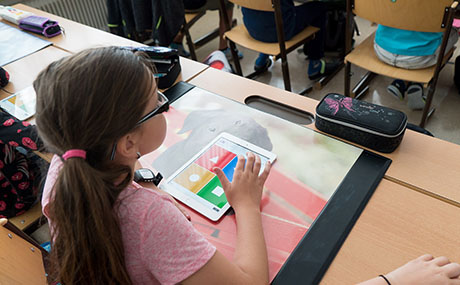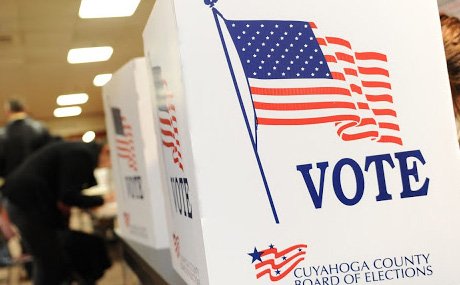A new phone survey of Cleveland residents conducted by the Baldwin Wallace University Community Research Institute (CRI), under the direction of Dr. Tom Sutton, finds mixed perceptions of the quality of K-12 education choices in Cleveland.
The survey also found wide-ranging familiarity with declared and possible candidates campaigning to be the next mayor of Cleveland.
 The survey asked respondents about perceptions and experience with schools in Cleveland. Due to the broad mix of types of schools in Cleveland (public, parochial, charter), the survey refers to K-12 schools in general rather than schools that are part of the Cleveland Metropolitan School District (CMSD).
The survey asked respondents about perceptions and experience with schools in Cleveland. Due to the broad mix of types of schools in Cleveland (public, parochial, charter), the survey refers to K-12 schools in general rather than schools that are part of the Cleveland Metropolitan School District (CMSD).
The District includes 107 schools; approximately 60 additional schools not affiliated with CMSD are also located in Cleveland and primarily serve Cleveland resident families.
Among the poll's findings:
Respondents indicated that online instruction has had challenges, but that it has generally gone smoothly. 5% of respondents had difficulties with internet access and/or computers.
 27% of respondents think CMSD is "much better or somewhat better" than the District was five years ago. Some 22% rated the District as "excellent or good," 26% as "fair," and 29% as "poor."
27% of respondents think CMSD is "much better or somewhat better" than the District was five years ago. Some 22% rated the District as "excellent or good," 26% as "fair," and 29% as "poor.""Parents with children in Cleveland schools have very positive perceptions of the efforts of teachers and are satisfied with the educational experience of their children," Sutton noted. "A majority of graduates of Cleveland schools also have positive ratings of the schools. However, it appears that the general public needs convincing that there are quality public, parochial and charter schools in Cleveland."
 "If the electorate is seeking new leadership for Cleveland, candidates will need to work hard to raise their public profiles," Sutton said.
"If the electorate is seeking new leadership for Cleveland, candidates will need to work hard to raise their public profiles," Sutton said.
"This is a challenge in a local election with voter turnout rates of 30%. Long-time names in Cleveland politics get high name recognition, but this does not translate into electoral support at this early stage of the mayoral campaigns," he added.
Survey results include:
A telephone survey of 421 residents of Cleveland, Ohio, was conducted during the period of March 15 - April 29, 2021. Calls were conducted by students in the BW Community Research Institute Call Center on Mondays - Thursdays, 6-9 p.m. The time period is longer than a typical phone survey due to COVID-19-related restrictions on the number of callers allowed in the call center. The sampling margin of error is +5% at the 95% confidence interval. Data is unweighted.
Access the full survey data here.